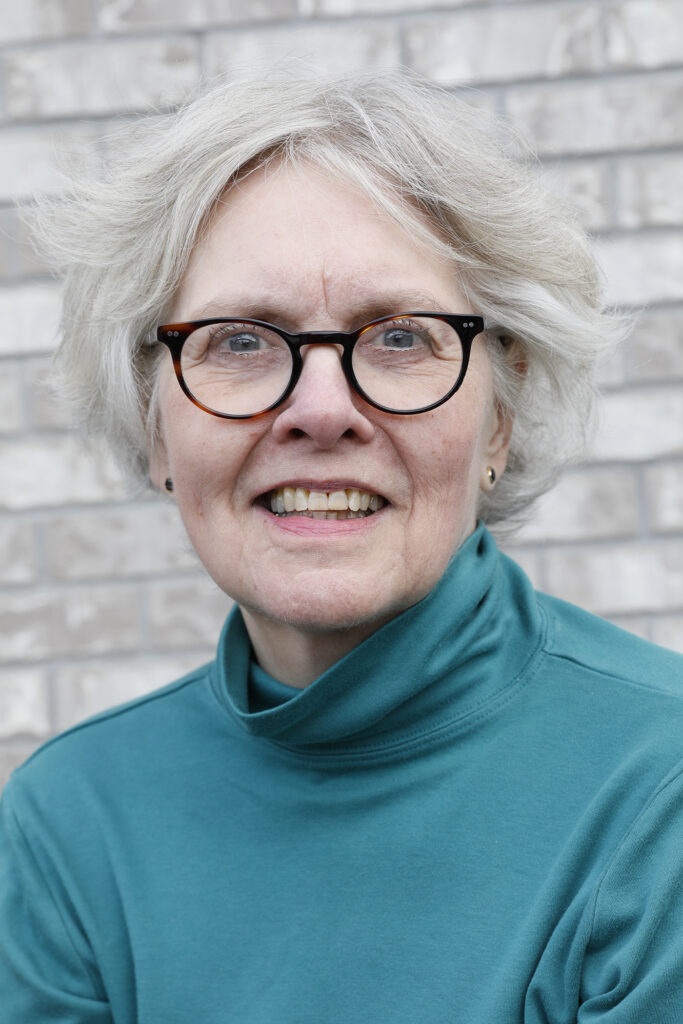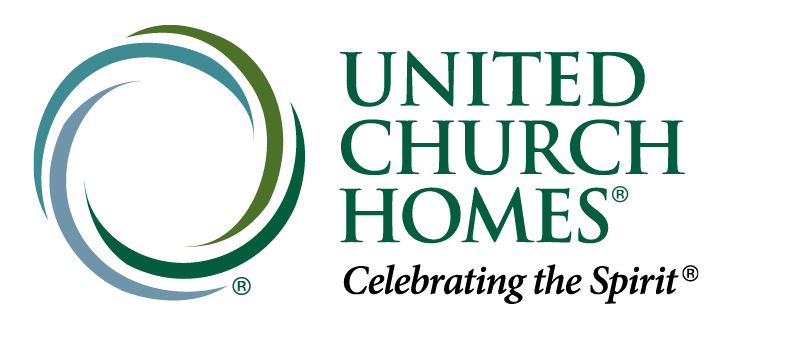Highlights from this week’s conversation include:
- The journey of a care partner (0:07)
- Discovering the power of art (2:19)
- The Maude’s Awards initiative (9:15)
- Application and selection process (13:23)
- Impactful programs funded by Maude’s Awards (14:27)
- From caregiver to care partner (15:41)
- Supporting those in the early stages of dementia (22:06)
- Embracing joy and happiness (23:07)
- The importance of meaningful connections (24:16)
- Innovative approaches in dementia care (25:20)
- Challenges in dementia care (28:35)
- Human-centered approach in dementia care (32:30)
- Inspiration for aging with abundance (37:40)
- Future initiatives and inspiration (41:48)
Abundant Aging is a podcast series presented by United Church Homes. These shows offer ideas, information, and inspiration on how to improve our lives as we grow older. To learn more and to subscribe to the show, visit abundantagingpodcast.com.

